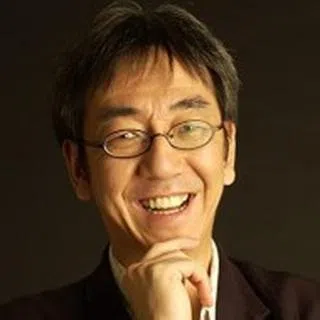Between dignity and survival: Can Zelenskyy secure Ukraine’s future?
Did Zelenskyy make a fatal miscalculation when he engaged US President Donald Trump and Vice-President JD Vance in a dramatic showdown last week? According to commentator Chip Tsao, Zelenskyy mishandled the situation, which could further weaken Ukraine’s position vis-a-vis the US.
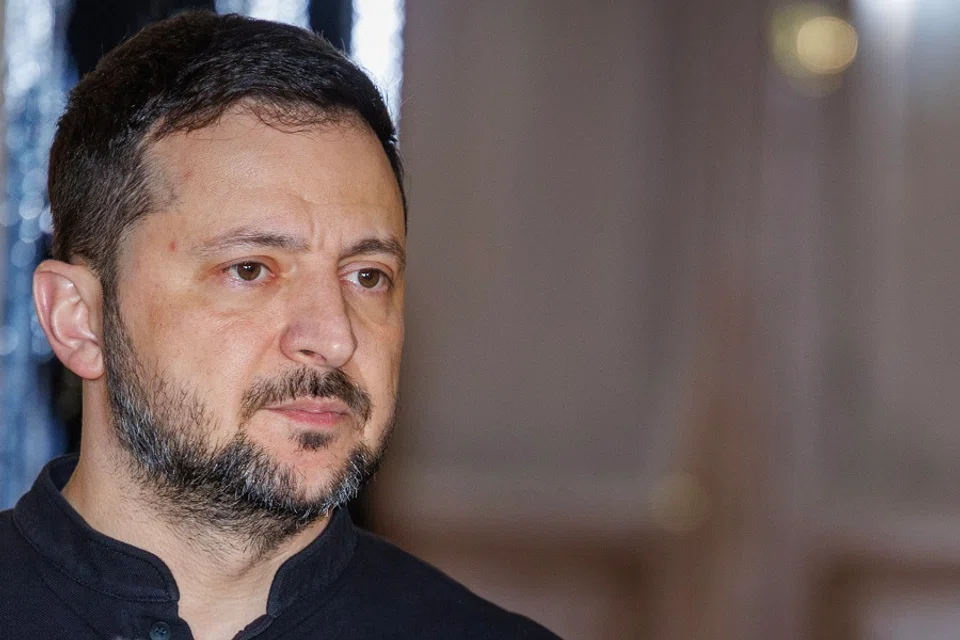
The consequence of the verbal clash involving Ukrainian President Volodymyr Zelenskyy was that the US immediately terminated support for the restoration of Ukraine’s power grid and paused its military aid to Ukraine. Meanwhile, European Commission President Ursula von der Leyen praised Zelenskyy for upholding Ukraine’s dignity. Very well; as I have said before, the EU can now immediately announce that it will expel Trump and the US from negotiations, allowing von der Leyen and the EU to negotiate with Russia — or choose not to negotiate at all — while fully supporting Ukraine in continuing the fight to reclaim its “dignity”.
Zelenskyy and Ukraine are indeed the biggest victims. Zelenskyy may be suffering from war-related psychological trauma. However, at this point, the US-disclosed agreement on Ukraine’s mineral deposits does not betray Ukraine. Zelenskyy had verbally agreed to it, which is why he flew in to sign it.
At the last minute, upon arriving at the White House and facing Trump, he suddenly lost his temper — not only bringing up old grievances but also questioning how Ukraine’s security could be guaranteed if Putin was untrustworthy. Vance’s statements were rational, so what exactly triggered Zelenskyy?
What triggered Zelenskyy?
First of all, the mineral deposit agreement already demonstrates that the US is deeply involved in Ukraine’s national economic interests. This is another way of hinting to the world that the US will ensure Ukraine’s security — because it is, in fact, protecting its own economic interests.
... publicly undermining Trump in front of the world before an agreement is even signed is not wise. The US has repeatedly reminded Ukraine that it has little leverage.
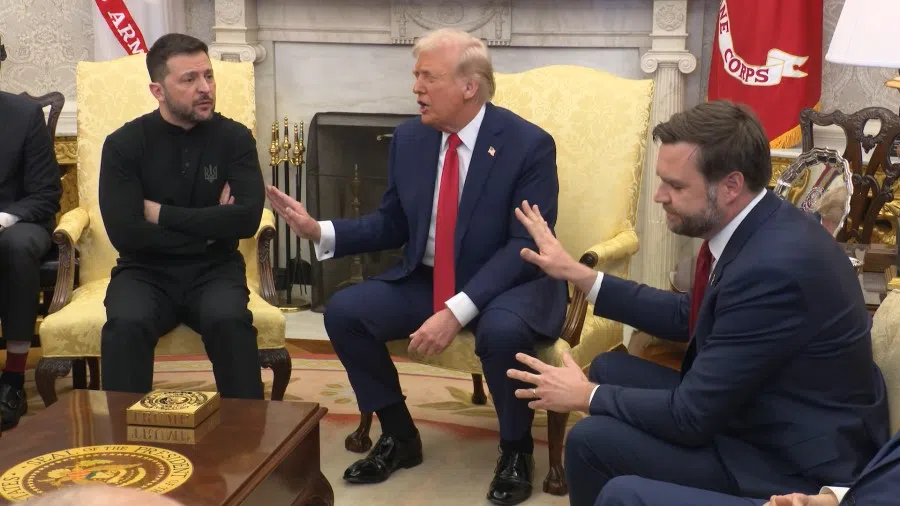
Secondly, the UK and France have already declared that they will deploy peacekeeping forces to Ukraine after the war. Germany, with its newly elected chancellor, may also join. Ukraine’s security is assured, yet Zelenskyy insists that the US must either station troops in Ukraine or allow it to join NATO, which is an unreasonable demand.
Thirdly, Trump has a well-defined negotiation strategy. He has already stated that Ukraine will be included in formal negotiations with Russia. If there are any objections, they can be discussed slowly and addressed behind closed doors. However, publicly undermining Trump in front of the world before an agreement is even signed is not wise. The US has repeatedly reminded Ukraine that it has little leverage. Zelenskyy is not acting as a mature leader.
Lastly, the US is under no obligation to provide indefinite free aid to Europe — this is not a concept invented by Trump. When the US assisted the UK during World War II, the UK did not get a free lunch — they eventually repaid what they owed. In 1945, the Truman administration loaned US$4.3 billion at 2% interest to the UK at the end of the war. Including wartime expenditures, the UK owed the US a total of US$14 billion, which was repaid over the years with interest.
Business is business
Repaying the debt was no easy task. The two world wars had depleted Britain’s treasury, and it could no longer rely on income from colonies, which were gradually gaining independence. The British government sent John Maynard Keynes, a professor of economics at Cambridge University, to Washington to plead for leniency. However, successive US presidents coldly replied that business was business. It took the UK a total of 61 years to fully repay its war debt to the US.
However, the US provided free aid to Germany and Japan after the war. US Secretary of State George C. Marshall and General Douglas MacArthur were both generous to these former enemies. The UK strongly protested, arguing that as “cousins”, it should have received better treatment. The US did not bother to explain. In short, they considered the Marshall Plan for European reconstruction to be a separate matter from Britain’s debt — “I like double standards because I am America.”
Trump does not dictate terms unilaterally — he starts high and welcomes counteroffers. If you do not negotiate, he will not respect you. Yet Zelenskyy still fails to understand Trump’s psychology...
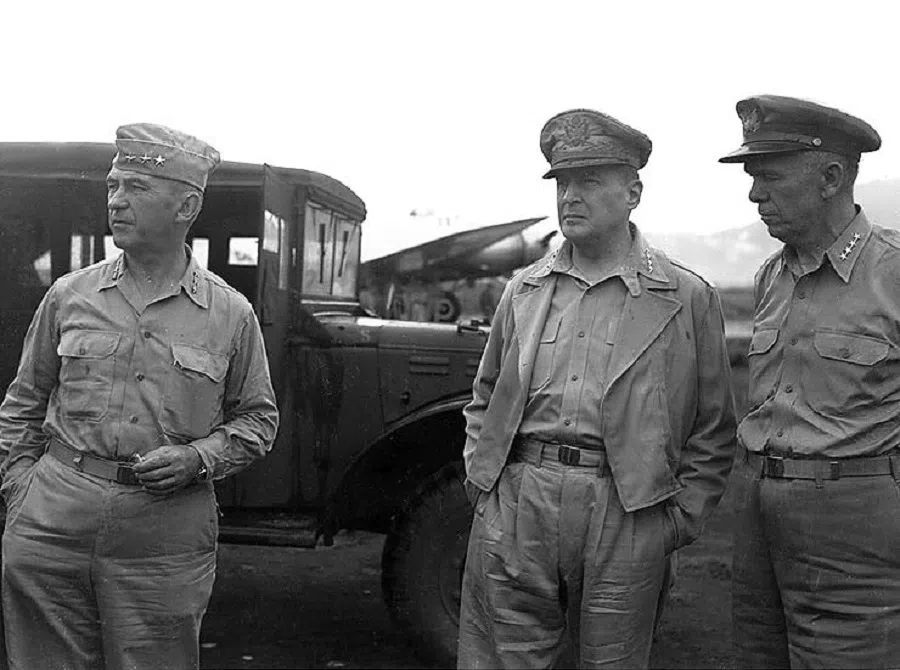
Zelenskyy and his naive European political allies should thus study some history.
At the start, Trump set an extremely high asking price. The current terms no longer demand repayment of the so-called US$500 billion in aid to Ukraine, and Ukraine will even receive an additional US$350 billion. This is the result of negotiation. Trump does not dictate terms unilaterally — he starts high and welcomes counteroffers. If you do not negotiate, he will not respect you. Yet Zelenskyy still fails to understand Trump’s psychology, only feeling that Trump’s transactional language is an insult to the dignity of the Ukrainian people.
That is Trump’s personality flaw. But like it or not, he is the president, just as the daily deaths on the Ukrainian battlefield are a harsh, irreversible reality.
Can Putin be trusted?
Is Putin untrustworthy? Trump would say that in his four years as president, Putin never played him, only the third-rate politicians of Europe and the West.
After securing control of eastern Ukraine, will Putin continue his aggression? For the past three years, Russia has exhausted its military capabilities. Western liberal media has consistently claimed that the Russia-Ukraine war has downgraded Putin to the leader of a second-rate country, unable to compete for global dominance.
Putin is also missing some teeth, swollen-faced and bleeding. Putin needs a way out more urgently than Ukraine or Europe. Logically speaking, if Trump steps in to broker a peace treaty, Putin is unlikely to launch another invasion.
That is, he is unlikely to do so unless Putin formally allies with Xi Jinping after the war and both of them decide to launch simultaneous attacks on Europe and Taiwan three months later. But would Putin really trust Xi?
This level of fear is why China and Russia have no respect for today’s West. The Chinese Communist Party is even sending warships into Australian and New Zealand waters...
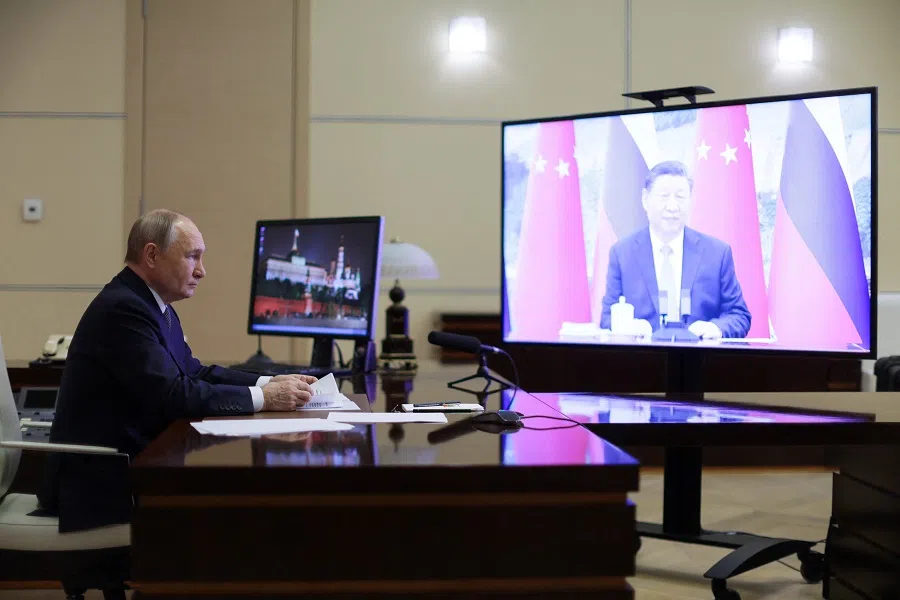
Looking at the big picture, the reason Western liberals are so terrified of Putin is his threat to use nuclear weapons.
But that is funny. Are there no nuclear weapons in the US and Europe? The very foundation of nuclear strategy was Mutually Assured Destruction (MAD), was it not? The fear within the EU and liberal circles makes it seem as if nuclear weapons were a Russian invention and only China and Russia have them, while the West has none.
Does the West not have precision-guided missiles capable of eliminating targets from thousands of miles away? Satellites? Musk’s Starlink? AI-driven warfare?
This level of fear is why China and Russia have no respect for today’s West. The Chinese Communist Party is even sending warships into Australian and New Zealand waters — an open display of contempt for the modern Western world.
If Putin is deemed untrustworthy, and both Zelenskyy and the EU also consider Trump unreliable, then fine: let them put their trust in the EU instead. Surely, Ursula von der Leyen must be capable of “mending the sky with stones”, like the Chinese goddess Nü Wa.
What’s next for Zelenskyy?
Now, let us see if Zelenskyy has left the US. Right now, the real opportunity lies with the UK. Since Britain is no longer part of the EU, Prime Minister Keir Starmer could swiftly step in as a mediator. There is no need for Zelenskyy to publicly apologise, but a private, deeply sincere message of regret could be conveyed to Trump and the American public to ease tensions. This could quickly reopen negotiations, allowing Zelenskyy to return to the White House and sign the agreement.
Zelenskyy’s perseverance up to this point does not need Trump’s validation — the whole world has witnessed his courage. But in the end, he is only human, with limited psychological and emotional endurance.
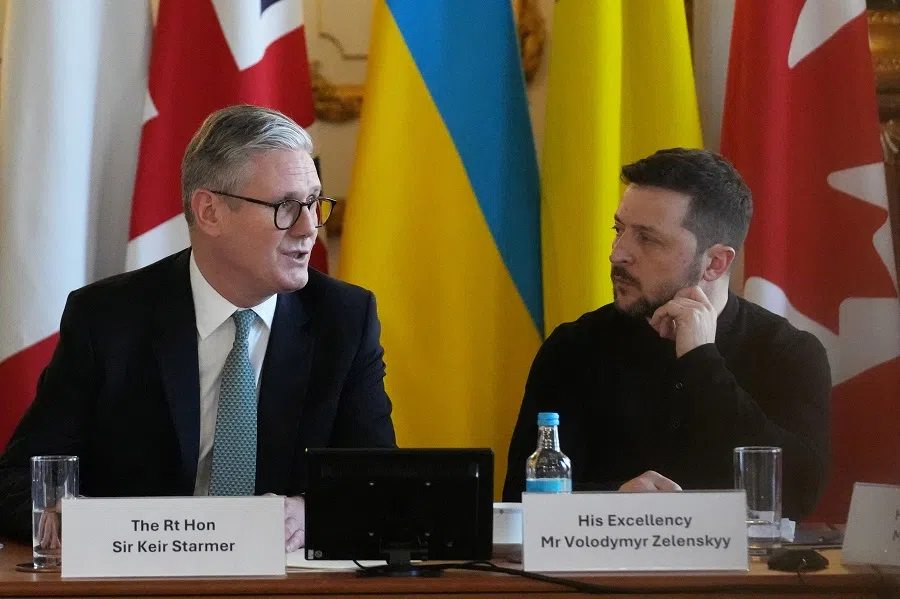
Afterward, he could hold a press conference and tearfully announce: “I have done everything I can for Ukraine. My abilities and emotions have reached their limits. I never intended to be a hero — I only wanted to serve my country. Yet in the end, I have become a clown. Please forgive me. I hereby resign.”
Then, Ukraine’s ruling party could immediately select a successor. While wartime laws prohibit elections, they do not prevent a leader from resigning if they suffer a psychological breakdown or become incapable of making rational decisions.
Zelenskyy’s perseverance up to this point does not need Trump’s validation — the whole world has witnessed his courage. But in the end, he is only human, with limited psychological and emotional endurance. If he were to resign now, future historians would surely understand.
In a world filled with self-righteous moralisers who only know how to claim the moral high ground without real action, the bullet that narrowly missed Trump serves as a divine revelation...
Otherwise, while the English saying goes, “Don’t blame the victim,” the Chinese writer Qian Zhongshu also said, “There is always something contemptible in those who are pitiable.” Between these two extremes, what is the truth?
In a world filled with self-righteous moralisers who only know how to claim the moral high ground without real action, the bullet that narrowly missed Trump serves as a divine revelation: the right choice, relatively speaking, is now clear.
